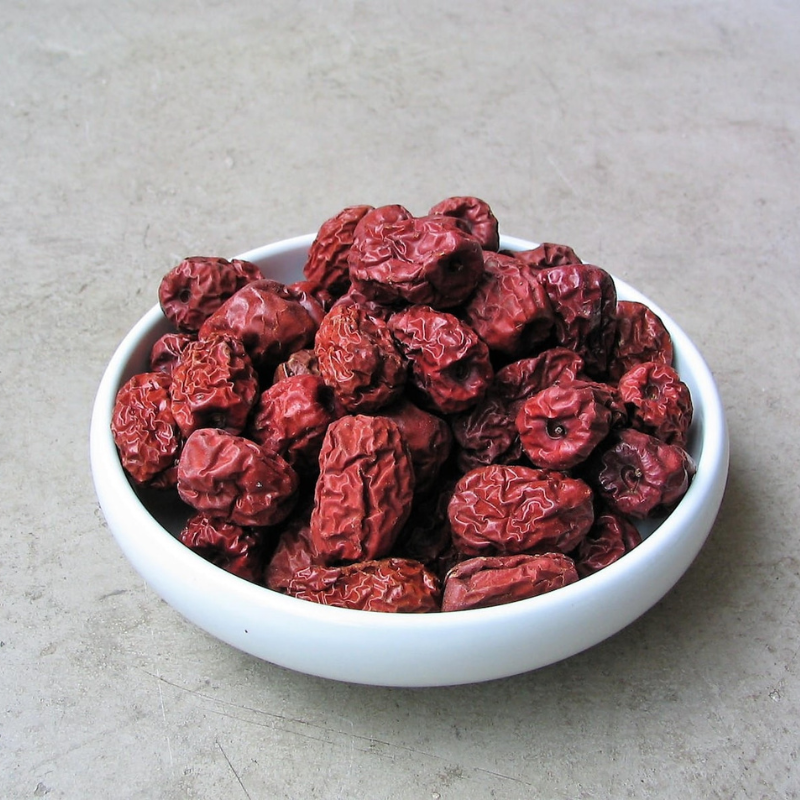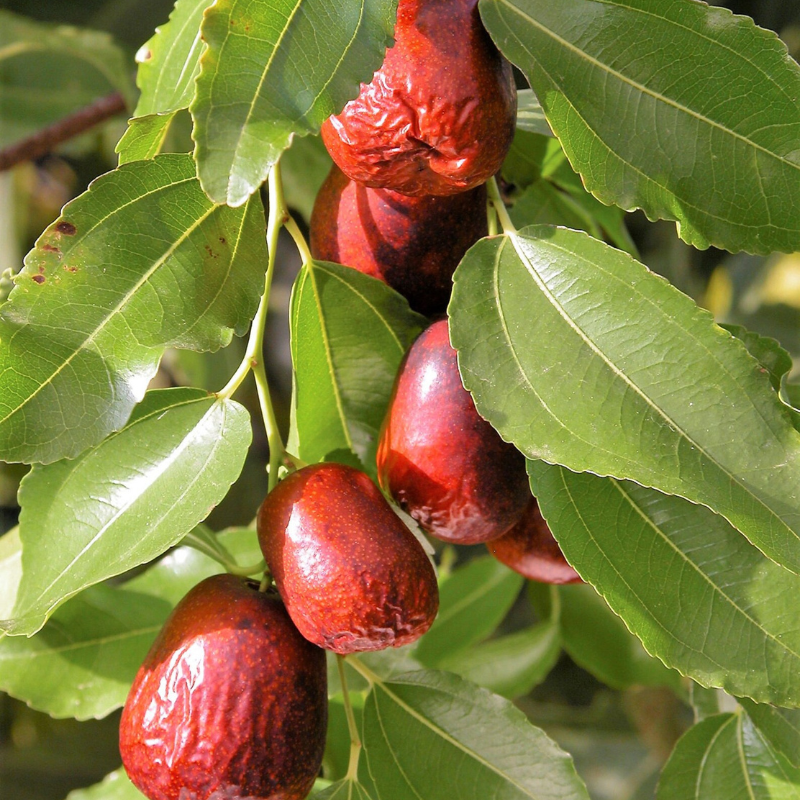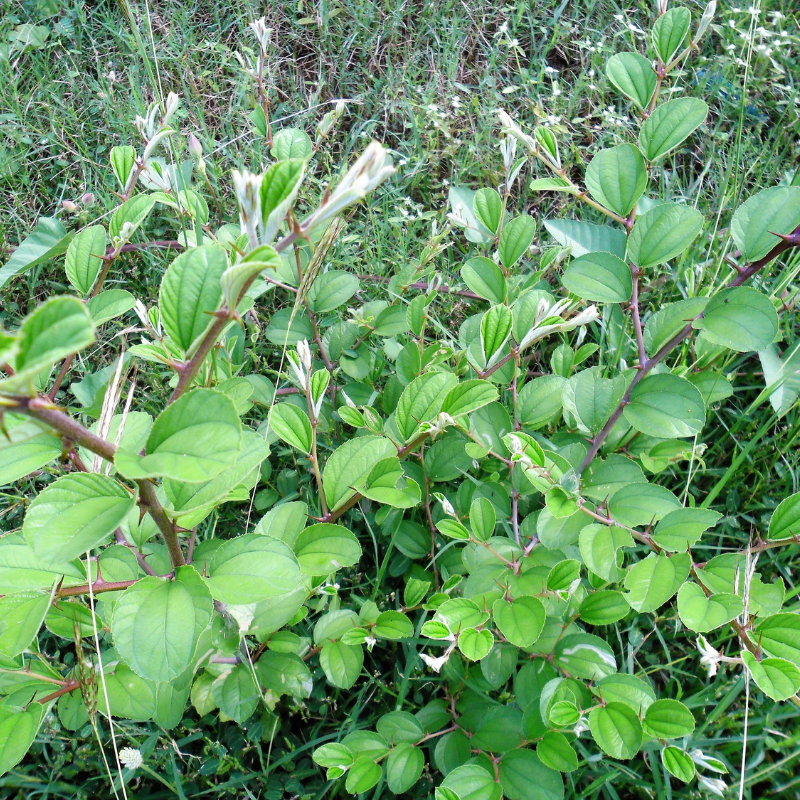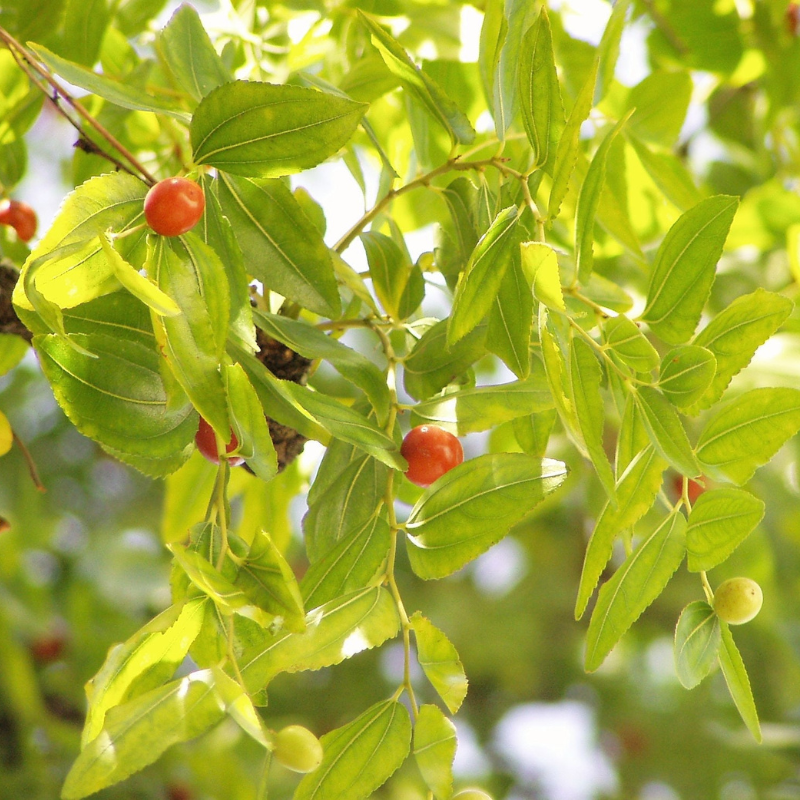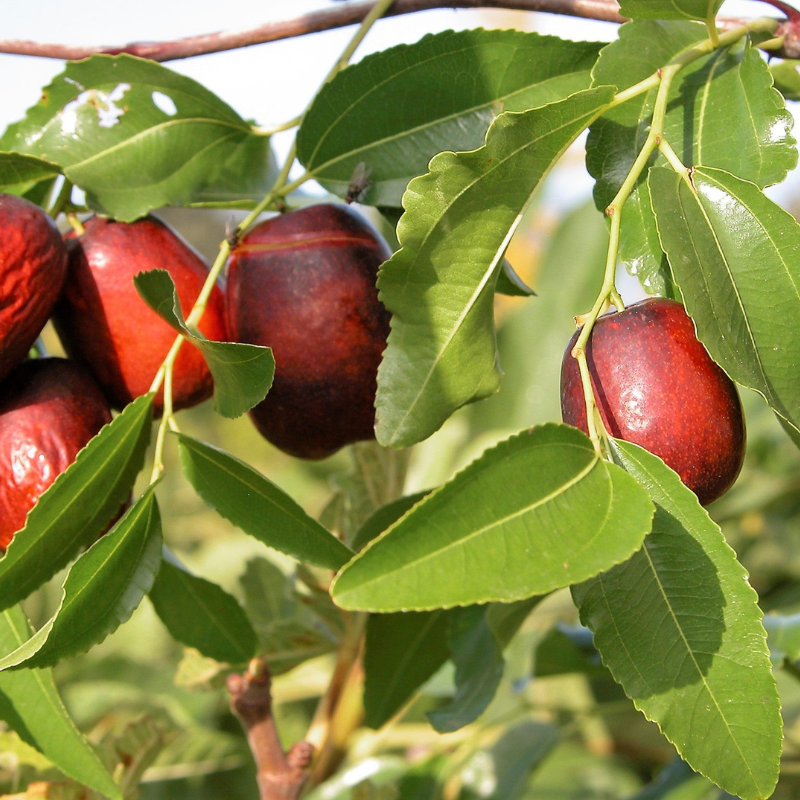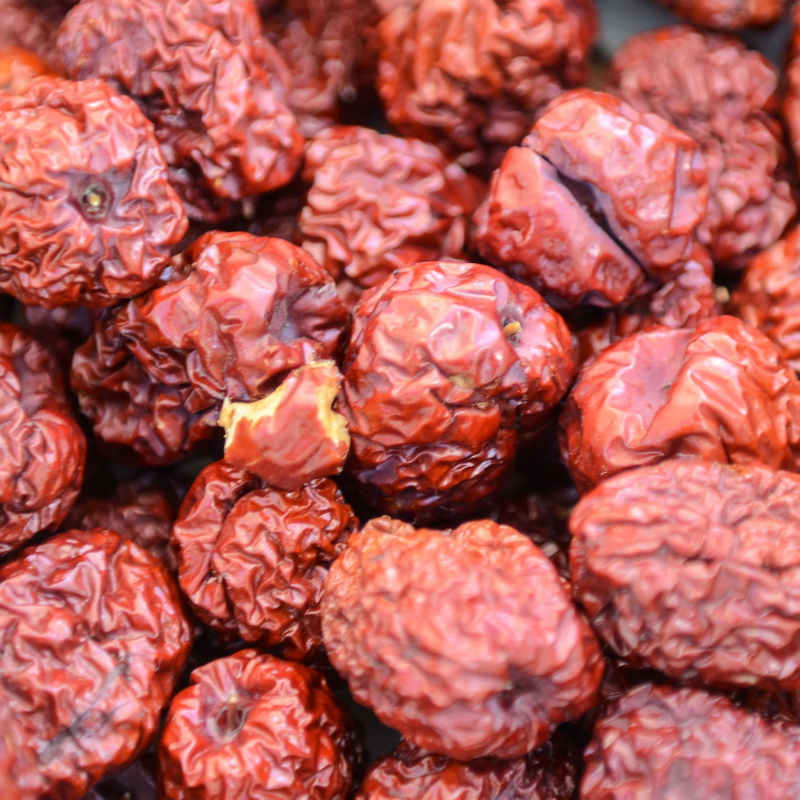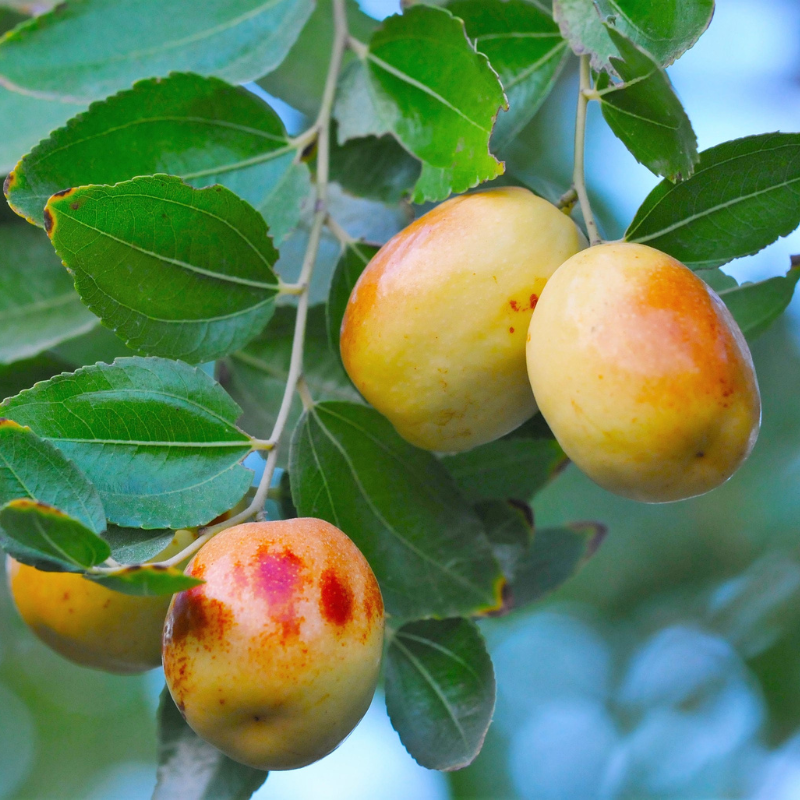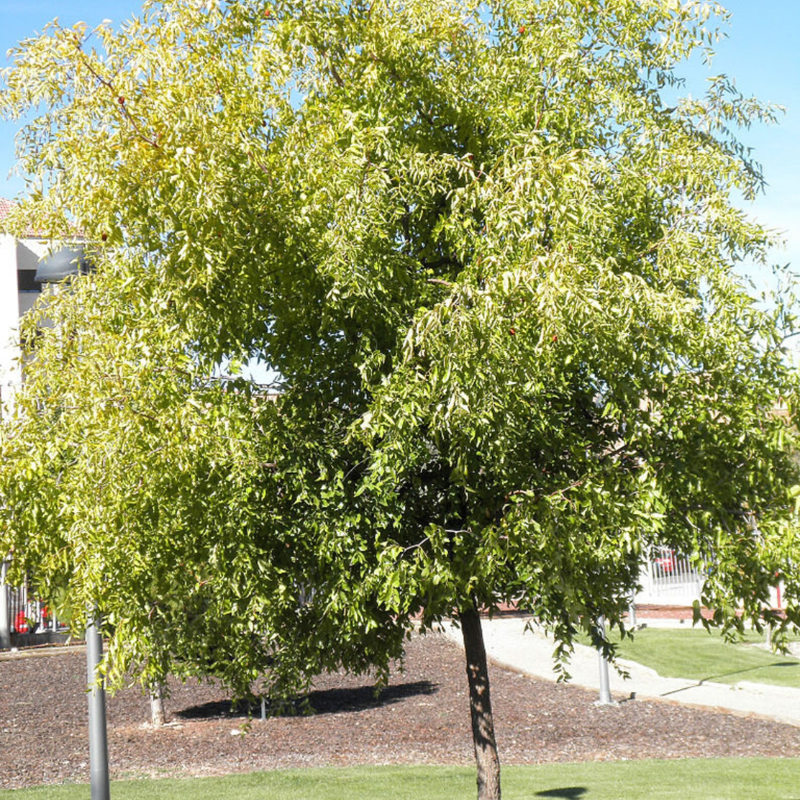- Historical context: Date palms (Phoenix dactylifera) have been cultivated for thousands of years, with evidence of their cultivation dating back to ancient Mesopotamia and Egypt.
- Geographical origination: The date palm is believed to have originated in the Middle East, particularly in the region that includes modern-day Iraq and Iran.
- Relevant cultural significance: Dates have significant cultural and religious importance in many Middle Eastern and North African cultures. They are often mentioned in religious texts such as the Quran and the Bible.
- Time period of discovery: The exact time period of discovery is unclear, but date palms have been cultivated for over 5,000 years.
- Original habitat: Date palms thrive in arid and semi-arid regions, typically found in desert oases.
- Notable historical uses: Historically, dates have been used as a staple food source, for making wine, and in traditional medicine.
- Ideal temperature range: Date palms prefer hot climates with temperatures ranging from 77°F to 95°F (25°C to 35°C).
- Soil type: They grow best in well-drained sandy loam soils but can tolerate a range of soil types as long as there is good drainage.
- Sunlight requirements: Full sun is essential for optimal growth and fruit production.
- Watering needs: Date palms require regular watering, especially during the establishment phase. Mature trees are drought-tolerant but benefit from periodic deep watering.
- Planting season: The best time to plant date seeds is in the spring or early summer.
- Germination time: Date seeds typically take 2 to 8 weeks to germinate.
- Growth cycle duration: Date palms take about 4 to 8 years to start producing fruit and can continue to produce for up to 100 years.
- Common pests and diseases: Common pests include red palm weevil and spider mites. Diseases such as Bayoud disease and Fusarium wilt can affect date palms.
- Companion planting advice: Date palms can be planted with other drought-tolerant plants such as figs, pomegranates, and olives.
- Common challenges and solutions: Challenges include pest infestations and diseases. Regular monitoring and appropriate pest control measures can help mitigate these issues.
- Nutritional values: Dates are rich in essential nutrients, including dietary fiber, potassium, magnesium, and vitamins such as B6 and K.
- Health benefits: Dates offer numerous health benefits, including improved digestion, heart health, and energy levels. They also have antioxidant properties.
- Culinary uses: Dates are commonly eaten fresh or dried and are used in a variety of dishes, including desserts, salads, and savory dishes.
- Medicinal uses: In traditional medicine, dates have been used to treat various ailments, including digestive issues and respiratory problems.
- Other unique advantages: Date palms are also valued for their ornamental appeal and their ability to provide shade in hot climates.
